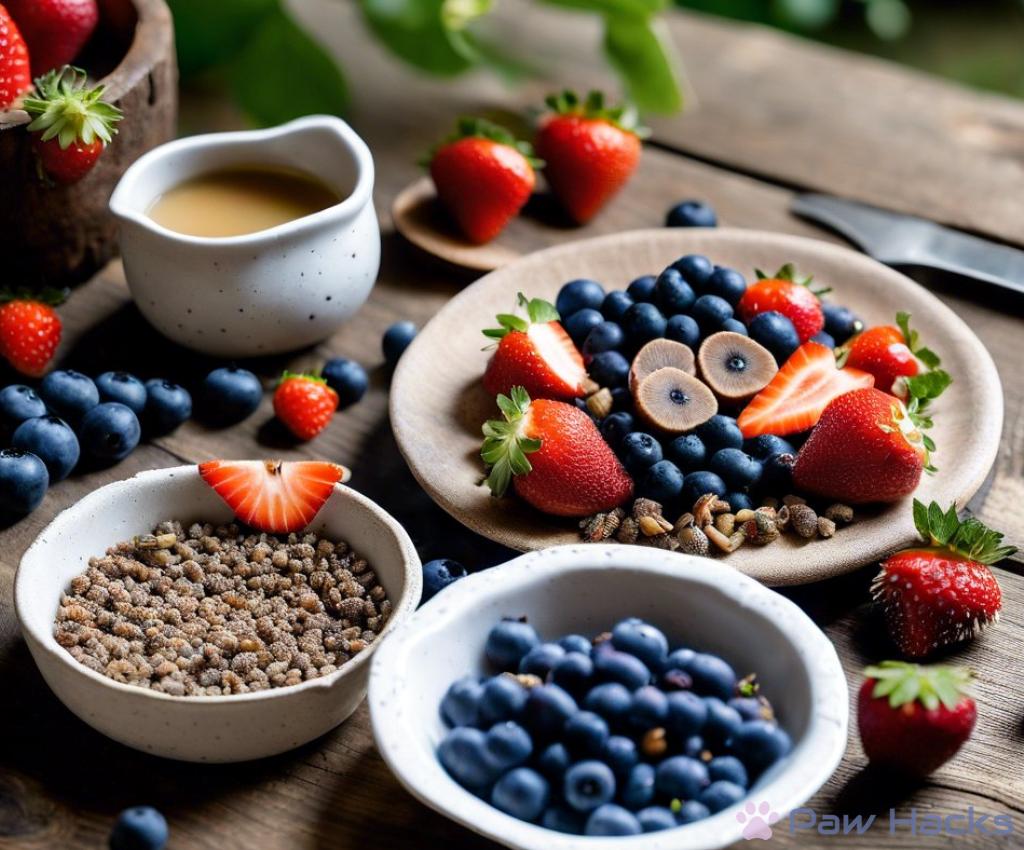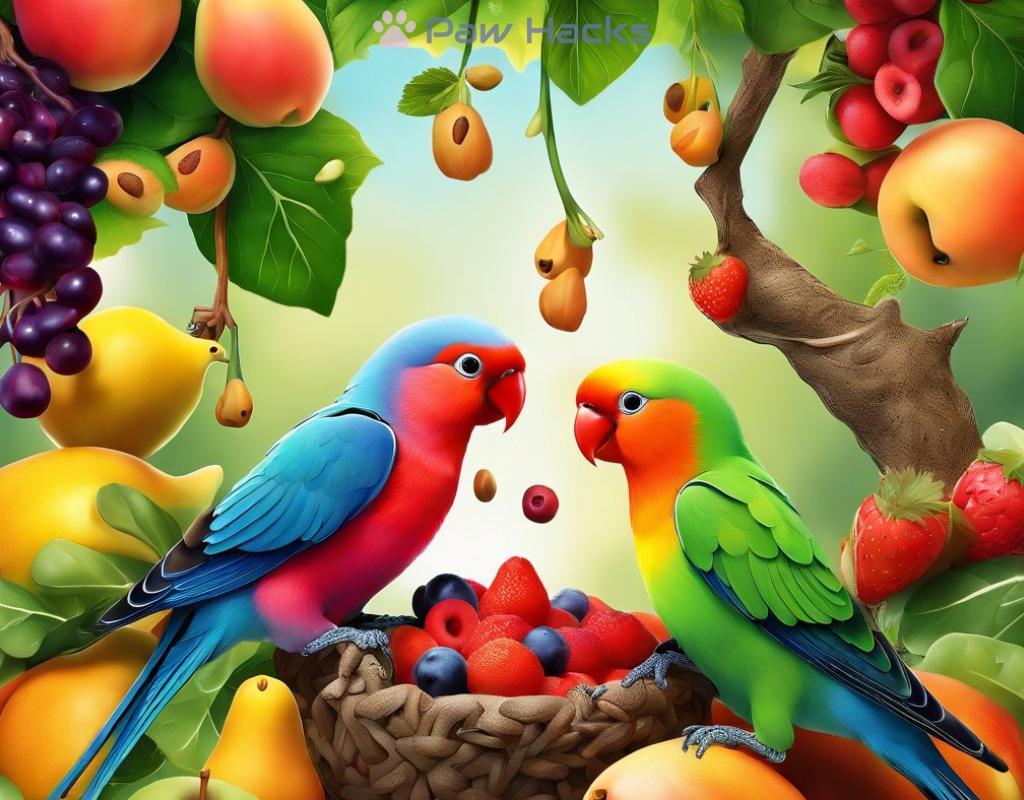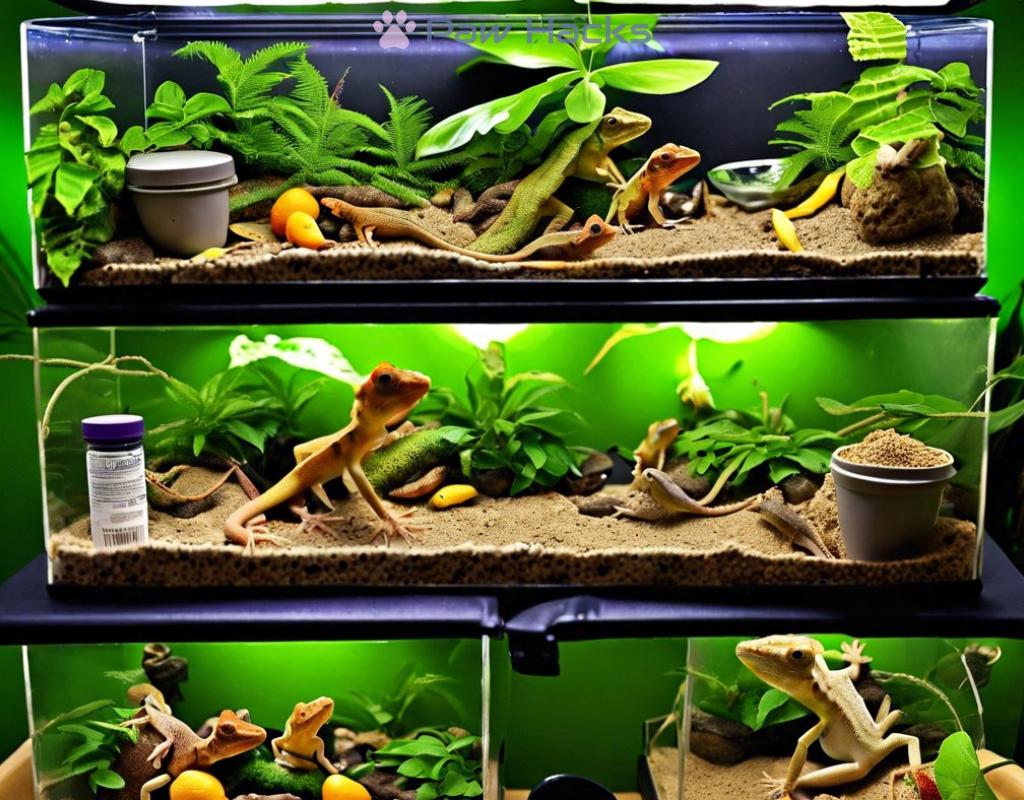Best Foods for Hedgehogs
Nourishing Delights: The Ultimate Diet for Your Hedgehog

Understanding Your Hedgehog’s Nutritional Needs
Hedgehogs are adorable little creatures, but ensuring they receive the right nutrition can be a challenge for many pet owners. To keep your spiky friend healthy and thriving, it’s essential to understand their dietary requirements. Hedgehogs are insectivores, which means their ideal diet primarily consists of protein-rich foods. However, they also need a balanced mix of other nutrients to maintain their well-being.
A well-rounded diet will not only keep your hedgehog energetic but also support their immune system and overall health. Let’s dive into the best foods to include in your hedgehog’s diet to ensure they enjoy a variety of nourishing delights!
Top Food Choices for Hedgehogs
Choosing the right food for your hedgehog is crucial. Below is a list of top-notch food choices that can help create a balanced diet:
- High-Quality Cat Food: Look for dry cat food that lists meat as the first ingredient. Avoid foods with too many fillers like corn or soy.
- Insects: Hedgehogs love insects! Mealworms, crickets, and waxworms are excellent protein sources.
- Fruits and Vegetables: Offer small amounts of safe fruits (like apples and bananas) and veggies (like carrots and peas) for variety.
- Cooked Meat: Plain cooked chicken or turkey can be a tasty treat.
- Wet Cat Food: This can be a great addition for hydration and flavor.
Remember, every hedgehog is unique, so it might take some experimentation to find out what they like best. Always introduce new foods gradually to avoid digestive upset.
Foods to Avoid for a Happy Hedgehog
While there are many delicious options for your hedgehog, some foods can be harmful or even toxic. Awareness of these foods is essential for maintaining your pet’s health. Here’s a quick overview of what to avoid:
- Chocolate: This is toxic to many animals, including hedgehogs.
- Dairy Products: Hedgehogs are lactose intolerant, so avoid milk, cheese, and yogurt.
- Onions and Garlic: These can cause anemia and should be kept away from your hedgehog’s diet.
- Citrus Fruits: These can upset their stomachs.
- Processed Foods: Foods high in sugars or artificial ingredients are not suitable for hedgehogs.
By steering clear of these harmful foods, you can ensure that your hedgehog lives a long and healthy life, filled with all the nourishing delights they deserve!
Tasty Treats: Safe Snacks to Spoil Your Hedgehog
Every hedgehog deserves a little indulgence now and then! While their main diet should focus on nutritionally dense foods, offering tasty snacks can enhance their happiness and strengthen the bond between you and your prickly companion. Knowing which treats are safe and enjoyable for your hedgehog will help you spoil them without compromising their health.
Delicious and Nutritious Options
When it comes to choosing snacks for your hedgehog, it’s important to select options that are both delicious and safe. Insects are a fantastic choice, as they provide a protein boost and are often irresistible to hedgehogs. Mealworms and crickets can be offered in moderation, making them a delightful and nutritious snack. Additionally, small amounts of cooked eggs can serve as an occasional treat packed with essential nutrients.
Fruits and Vegetables: A Sweet Surprise
Introducing a small variety of fruits and vegetables can add color and excitement to your hedgehog’s diet. While not all fruits are safe, options like apples (without seeds), blueberries, and sweet potatoes can be offered in tiny portions. Remember to monitor your hedgehog’s reaction to new foods. It’s also vital to avoid sugary fruits in excess, as they can lead to obesity and health issues.
For veggies, consider tiny bits of cooked carrots or peas, which can provide fiber and help with digestion. Always ensure that any fruits or vegetables are chopped into manageable pieces to prevent choking.
Creating a Balanced Snack Time
While it’s tempting to give your hedgehog a range of snacks, moderation is key. Too many treats can upset their stomach and lead to weight gain. A good rule of thumb is to limit snacks to about 10% of their total diet. Keeping this balance will ensure your hedgehog stays healthy while still enjoying the occasional indulgence.
| Snack Type | Benefits | Serving Size |
|---|---|---|
| Insects | High in protein, natural source of nutrients | 2-3 per week |
| Cooked Eggs | Rich in protein and healthy fats | 1 small egg per month |
| Fruits | Vitamins and antioxidants | 1-2 small pieces per week |
| Vegetables | Fiber and hydration | 1-2 small pieces per week |
With the right selection of tasty treats, you can elevate your hedgehog’s snack time into a delightful experience while ensuring they receive the nutrients they need. Your hedgehog will appreciate the love and extra care, and you’ll enjoy watching them relish their treats!
Essential Nutrients: What Every Hedgehog Needs to Thrive
When it comes to keeping your hedgehog in optimal health, understanding their essential nutrient requirements is fundamental. These delightful creatures, although small, have specific dietary needs that ensure they not only survive but thrive. Providing a diet rich in the right nutrients will enhance their energy levels, support their immune system, and promote overall well-being. Let’s explore the essential components that should be part of every hedgehog’s diet.
Proteins: The Building Blocks of Health
As insectivores, hedgehogs require a diet that is high in protein. This makes protein-rich foods a vital aspect of their nutrition. Notably, insects such as mealworms and crickets are excellent sources of protein and also provide critical moisture. In addition, incorporating cooked meats like chicken or turkey can help diversify their protein intake. It’s crucial to ensure that these protein sources are fresh and prepared without any spices or additives that could harm your hedgehog’s digestive system.
Fats: The Energy Source
Fats play a significant role in a hedgehog’s diet, serving as an essential energy source. However, not all fats are created equal. Healthy fats, such as those found in insects and some seeds, help maintain a hedgehog’s coat and skin health. It’s important to strike a balance with fat content, as excessive fat can lead to obesity—a common issue among domesticated hedgehogs. Therefore, moderation is key when selecting fat sources, ensuring that they contribute positively to your pet’s health without tipping the scales.
Vitamins and Minerals: The Cornerstones of Vitality
Hedgehogs also need a variety of vitamins and minerals to maintain their health. Vitamins A, D, E, and K, along with essential minerals like calcium and phosphorus, are crucial for their growth and development. Incorporating small amounts of fruits and vegetables into their diet can provide these necessary nutrients. For example, carrots and peas are not only safe but also beneficial, offering fiber that aids digestion. However, caution should be exercised to avoid harmful foods, ensuring that any fruits or veggies given are safe and prepared appropriately.
Avoiding Danger: Foods That Can Harm Your Hedgehog
As a hedgehog owner, ensuring the safety of your pet goes beyond providing nutritious meals. While it’s tempting to share various human foods or even some seemingly harmless snacks, there are several items that could pose significant health risks to your spiky friend. Being informed about what to avoid is essential for promoting a long and healthy life for your hedgehog.
Understanding the Risks: Common Foods to Steer Clear Of
Many foods that we enjoy on a daily basis can be detrimental to a hedgehog’s health. Some ingredients can lead to serious health complications, while others may simply upset their digestive system. Below is a list of foods that should be completely avoided:
- Chocolate: This sweet treat is toxic to many animals, including hedgehogs, and can cause severe reactions.
- Dairy Products: Hedgehogs are lactose intolerant, making milk, cheese, and yogurt unsuitable choices.
- Onions and Garlic: Both of these ingredients are harmful and can lead to anemia in hedgehogs.
- Citrus Fruits: Oranges and lemons can upset their stomach and should never be fed.
- Processed Foods: Foods high in sugar, sodium, or artificial ingredients can lead to obesity and other health issues.
Identifying Less Obvious Threats
Besides the well-known toxic foods, there are several less obvious items that can also be harmful. It’s important to remain vigilant and do your research before introducing any new foods into your hedgehog’s diet. Some common foods that might surprise you include:
- Avocado: While healthy for humans, it contains a compound called persin that can be harmful to hedgehogs.
- Raw Meat: Avoid feeding raw meats as they can carry bacteria that may be dangerous.
- Cherries and Grapes: These fruits can cause digestive issues and should be excluded from their diet.
By steering clear of these harmful foods and understanding their potential risks, you can take significant steps toward ensuring your hedgehog remains happy and healthy. Always prioritize their well-being by providing them with a diet that is safe, nutritious, and tailored to their unique needs.
Homemade Happiness: Crafting the Perfect Hedgehog Meal
Creating a Nutritious Hedgehog Feast
As a hedgehog owner, you may want to go beyond store-bought options and explore the joys of homemade meals for your spiky companion. Crafting the perfect hedgehog meal not only allows you to control the ingredients but also ensures that each bite is packed with nutrition. With the right knowledge, you can whip up delicious and safe meals that will keep your hedgehog healthy and happy.
Essential Ingredients for a Balanced Meal
When preparing meals for your hedgehog, it’s important to incorporate a variety of ingredients that cater to their specific dietary needs. Start with a protein base, as protein is vital for hedgehogs. Lean meats, such as **cooked chicken** or **turkey**, are excellent choices. You can also include a mix of insects like crickets or mealworms to boost protein content further. Remember, the key is to prepare these proteins without any seasonings or oils, as they can be harmful to your pet.
Next, don’t forget to add a small portion of **vegetables**. Options like finely chopped **carrots** or **peas** provide essential fiber, which aids in digestion. While hedgehogs are primarily insectivores, a little bit of veggie goodness can enhance their overall diet. You can also consider incorporating small bits of **safe fruits** such as **apples** (without seeds) for added vitamins, but keep these to a minimum to avoid excess sugar.
Balancing Nutrition with Homemade Meals
While homemade meals are a wonderful way to show love to your hedgehog, it’s crucial to balance their diet carefully. Remember that these meals should complement their primary food sources rather than replace them entirely. A well-rounded diet consists of about **70-80%** high-quality commercial hedgehog or cat food, while the remaining portion can be homemade meals or treats.
To keep track of the nutritional balance, you might consider creating a simple chart or table that outlines the components of each meal you prepare. This way, you can ensure that your hedgehog is receiving a diverse diet that supports their health over time. Experimenting with different combinations can also keep mealtime exciting for your little friend!
Share this content:



